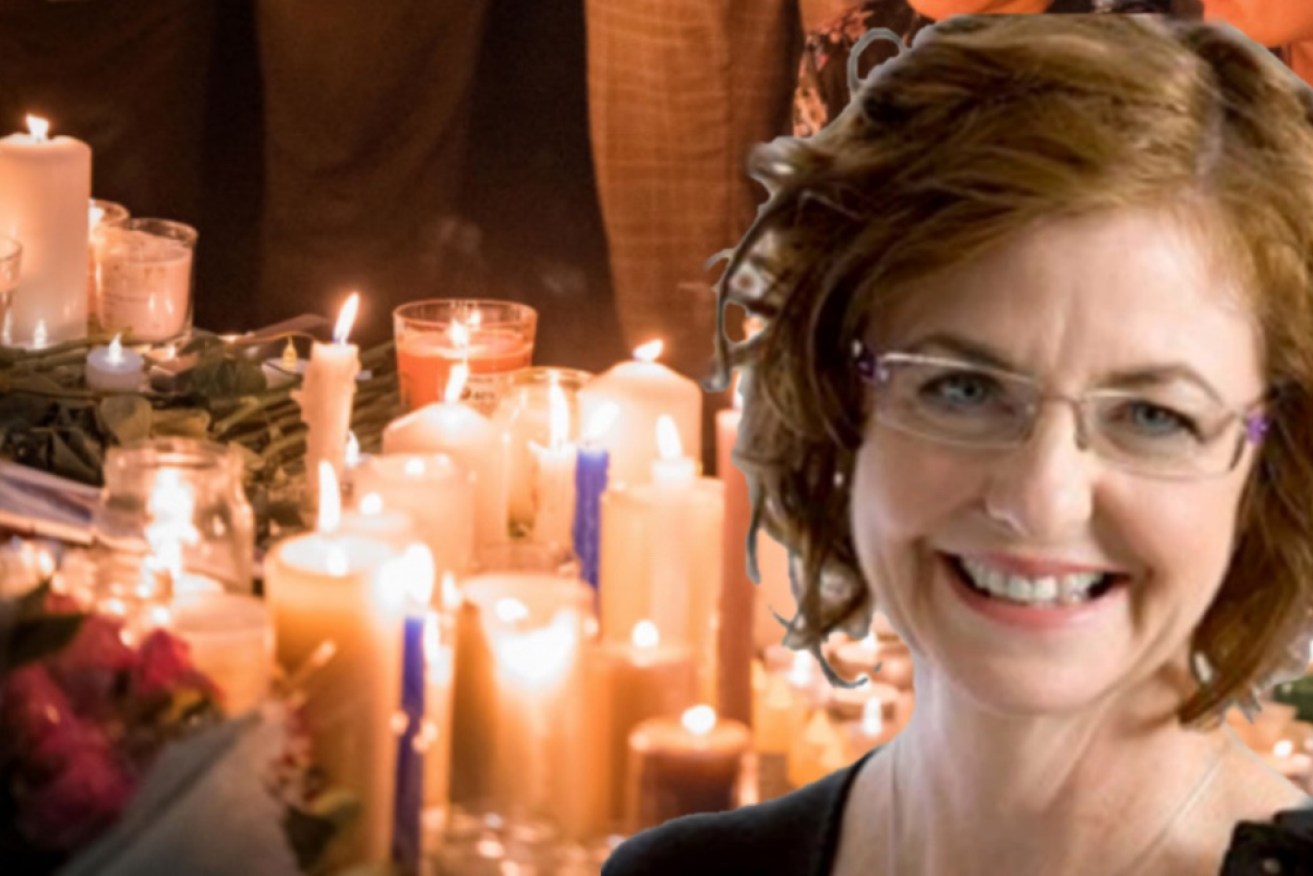Madonna King: Victim impact statements show the true toll of violent crime


Madonna King wants victim impact statements made widely available for a greater understanding of how lives have been irrevocably changed.
Imagine this. Every Saturday night, just before dinner, you pick up the phone to your frail 90-year-old mother in China.
You hide the number you are calling from, put on the practised voice of your younger brother, and pretend you are him; telling your mother about the highs and lows of the past week, just as he has done for the previous 20 years.
The problem is this: Your younger brother, a respected medical specialist, was shot dead more than two years ago. And your mother still doesn’t know.
It’s torturous. But telling her would kill her, and you just can’t lose anyone else. So the heartbreaking weekly charade continues.
This story, which unfolded in a Brisbane court this week, shows the power of victim impact statements, which are handed down in courts the world over every day.
Too often, perhaps, the focus is on the perpetrators; not the husbands and wives and children and parents left behind.
In this case, the culprits were three youths who arrived at Dr Luping Zeng’s Brisbane home shortly before midnight in April 2019.
They came ready, planning to steal his car. One had a machete. Another a baseball bat, and the third youth, a teenager, was carrying a shotgun.
He shot Dr Zeng who was standing in his garage, packing his car for the next day’s work.
The youths – two of whom were on probation for other offences at the time – have been sentenced to ridiculously short periods in jail – seven, eight and 10 years – but with the way the system works, they’ll be free long before that.
One of them, at 17, is even protected by anonymity because of his age.
But put the perpetrators aside for a moment, because the focus on them often hides the absolute anguish felt by those left behind.
And perhaps if we understood that more, we’d all be demanding tougher sentences.
Dr Zeng’s wife will never feel safe again, telling the court she was traumatised and now just a “hollow person’’.
“I’ve been sentenced to life without my soulmate. The enormity of his loss is something I keep in my broken heart.’’
The sound of the gun, on a quiet suburban night, haunts his daughters every single day. And his brothers, who make that call to their mother every Saturday, know they have to keep doing it.
They had to pretend, they told the court. They had to maintain the fiction their brother was still alive. It was the highlight of their mother’s week, and they couldn’t lose her too.
It doesn’t matter about the age of the victim, or where they live – this heartache spans cultures and countries and families.
Susan Everard also showed that this week, after UK police officer Wayne Couzens was sentenced to life for the abduction, rape and murder of her 33-year-old daughter Sarah.
“I am broken hearted,’’ she said in a victim impact statement.
“She was my precious little girl, our youngest child. The feeling of loss is so great it is visceral. We have kept her dressing gown – it still smells of her and I hug that instead of her.’’
Susan told the court that her daughter’s murder played out in her mind, on loop.
“I wonder when she realised she was in mortal danger; I wonder what her murderer said to her. When he strangled her, for how long was she conscious, knowing she would die?’’
No mother should ever have to utter those words.
And victim impact statements should be widely available so that we can truly measure the heartache behind violent crime, wherever it occurs.








